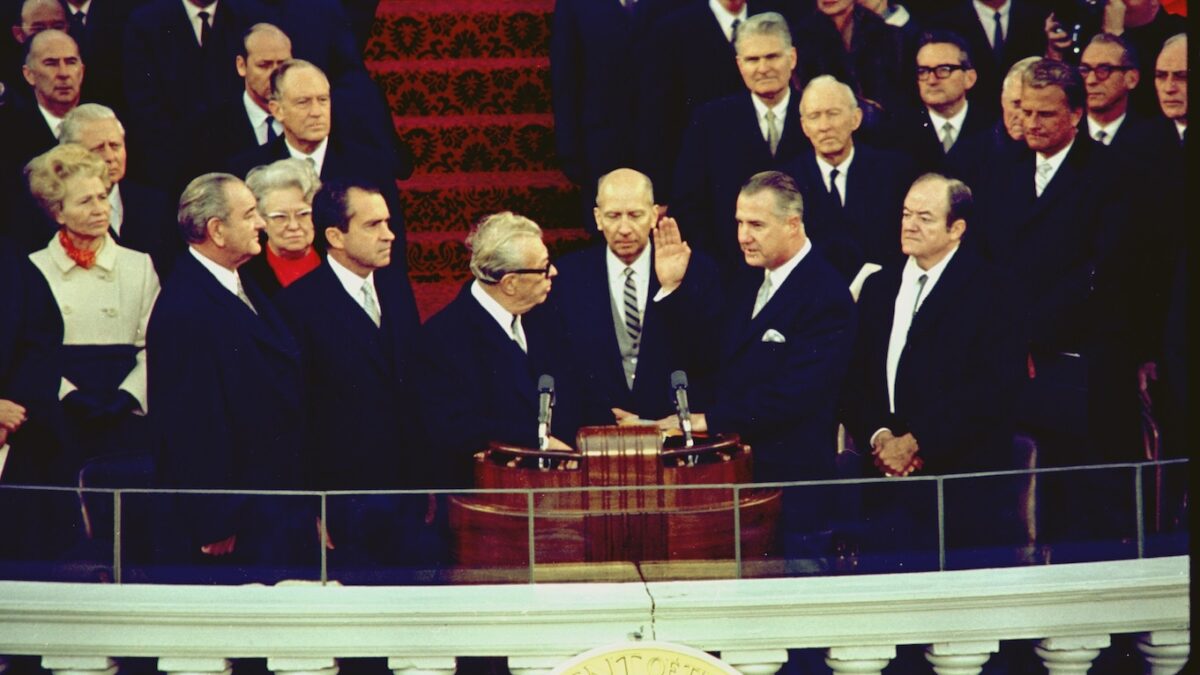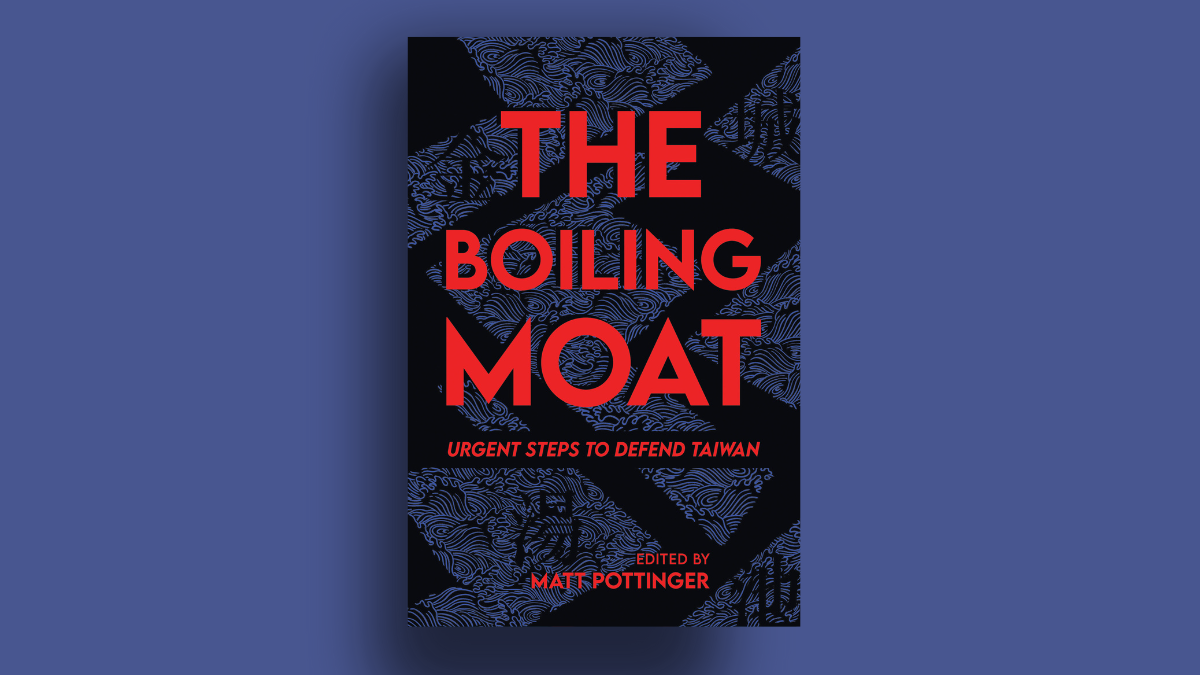More than 13 years after the original “Avatar” movie was released, the sequel, “Avatar: The Way Of Water,” is making history at the box office. The most compelling reason to return to Pandora isn’t just the movie’s stunning visuals, new characters, and dramatic plot. It’s the beautiful pro-family message woven into the film’s storyline.
Spoilers ahead.
“The Way of Water” picks up nearly two decades after where the first movie concluded. Jake and Neytiri are raising four beautiful children in the forests of Pandora, and they’re happy.
Neteyam, the couple’s oldest child, is well on his way to inheriting his father’s leadership position. Kiri, adopted by Jake and Neytiri after she was born to the Na’vi clone of Dr. Grace Augustine, is curious, spiritual, and nurturing. Lo’ak, the youngest son, is adventurous to a fault. Tuktirey, the Sully family’s youngest daughter, is playful and follows her family around religiously.
Also present for most of the Sully family’s daily life is Miles “Spider” Socorro, the human son of enemy No. 1, Col. Quaritch. Spider is first referred to Jake as a “stray cat” for his constant presence with Na’vi. By the end of the film, however, Jake calls Spider “son.”
At the beginning of the movie, “happiness is simple” for tight-knit Sullys and their Na’vi community. “Sullys stick together,” the family regularly recites.
Happiness quickly fades, however, when the “sky people” return to Pandora with hopes of permanently establishing a metro that can house the dying Earth’s population.
The film’s political overtones are not lost on the audience. Director James Cameron, a self-professed tree hugger, isn’t shy about the messages he’s trying to send through a story about a trigger-happy U.S. government waging war on foreign people to secure lucrative resources and land.
If you can look past Cameron’s anti-colonizer and “save the planet” narratives, however, you will find a heartwarming film that surprisingly reinforces the strength of traditional marriage and family.
A Strong Head of Household
None of “The Way of Water’s” pro-family message would have been possible without Jake as a strong head of household.
Not only does Jake go out of his way to lead his tribe, but he also works hard to lead his family, love his wife, and teach and discipline his children — especially his naive son Lo’ak.
“A father protects. It’s what gives him meaning,” Jake says.
Perhaps the most underrated pro-family part of “The Way Of Water” is how beautifully it highlights the joys of being a woman and wife. Regardless of the dire circumstances that plague Pandora’s people, pregnancy, childbirth, and motherhood are celebrated.
Truth be told, Jake’s impressive leadership is only possible with the help of his loyal wife Neytiri, who supports him even when she has doubts. She nurtures, teaches, and listens to her children well. When her family is in danger, Neytiri, much like Jake, does everything she can to return them to safety.
Sacrifice Is Key
Our society is dominated by demands for “self-love” and cursed with the trend of cutting the ties that bind over petty arguments. “The Way of Water,” in contrast, promotes “dying to self” in favor of preserving relationships with even the most difficult of family members.
This is especially evident early on when Jake sacrifices his leadership position and pride to relocate his family to a safer environment away from Col. Quaritch and his henchmen. This wasn’t a selfish decision. It was a necessary and difficult change to divert the enemy’s attention away from the Na’vi.
Later, when the Sully family’s newfound oceanic life with the Metkayina tribe is discovered and the children are taken hostage, Jake agrees to trade his life for the safe return of his kids.
Jake isn’t the only one who surrendered his desires for the greater good. To respect her husband’s decision to protect their family, Neytiri leaves behind the only land and people she had ever known with little verbal protest. Her children, similarly, leave behind their possessions, power, and friends — including the captured Spider — to save their family.
Neteyam, specifically, repeatedly sacrifices his good standing with his parents to cover for his younger brother Lo’ak’s recklessness. In the end, Neteyam dies from a bullet wound he took while selflessly trying to rescue Spider from the clutches of Pandora’s human enemies.
In perhaps the most surprising and sacrificial twist of all, Spider puts aside his anger and bitterness about Col. Quaritch’s sins against the Na’vi to save the clone of his father. The two are far from reconciled by the end of the movie, but Spider’s decision to rescue the antagonist from a burning ship reaffirms the message that blood is thicker than water.
Cultivating a healthy marriage and family isn’t easy, and the latest “Avatar” installment didn’t sugarcoat the marital tension, sibling squabbles, and life challenges that can strain relationships like the Sullys’. But those trials show that sticking together deepens familial bonds, fosters resilience, and builds faith.
Just as the way of water “has no beginning and no end,” neither does familial love.









